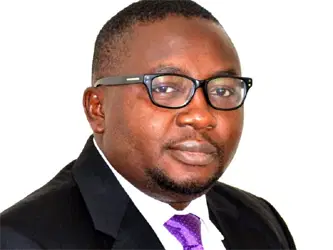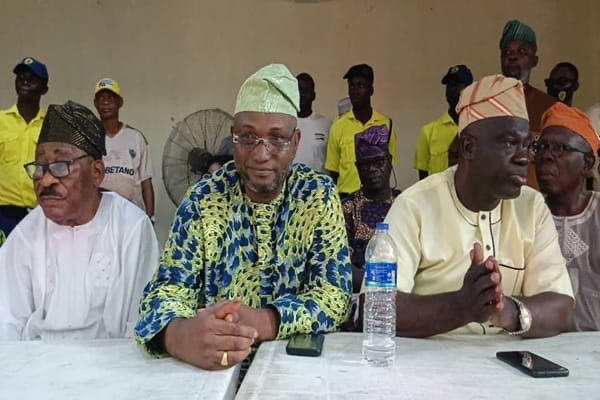The Minister of Power, Chief Adebayo Adelabu on Monday disclosed that the Federal Government plans to restructure two underperforming electricity distribution companies under a pilot programmme.
Chief Adelabu who disclosed this during a meeting with the Japanese International Cooperation Agency (JICA) in Abuja, said the move follows a comprehensive assessment of systemic challenges plaguing the DisCos, including governance gaps, infrastructure deficits, and commercial inefficiencies.
A statement by the minister’s media aide, Bolaji Tunji said the pilot stage will affect two DisCos located in the north and southern parts of the country.
There are currently six DisCos in the south, namely Eko, Ikeja, Ibadan, Benin, Port Harcourt and Enugu. There are five in the north, namely Abuja, Jos, Kaduna, Kano and Yola.
Presently, the government has minority stakes (40 percent) in the companies which were partially privatized in 2013.
Adelabu in the statement failed to name the two DisCos that would be affected in the restructuring and also failed to disclose how it would be carried out given that the companies are privately owned.
Tunji said the pilot scheme, “slated to commence between May and August 2024, will target one DisCo in the North and another in the South. It aims to demonstrate a replicable model for operational turnaround, combining internal restructuring, external expertise, and federal oversight to achieve rapid improvements in service delivery. JICA’s proposal emphasizes reforming DisCos “from within” by integrating outside experts, strengthening leadership, and aligning government support with short-term results in pilot zones to lay the groundwork for long-term sector-wide transformation.
He quoted Adelabu as stating: “We can no longer fold our hands and watch the inadequacies of DisCos whose performances fall short of expectations. This pilot is not optional—we will use regulatory authority to restructure underperforming DisCos and compel compliance if necessary.”
He acknowledged persistent resistance to past reforms but vowed to address both universal challenges—such as vandalism and governance—and region-specific issues, including cultural barriers hindering operations.
He added that key to the initiative is resolving the DisCos’ inability to invest in infrastructure upgrades, he said.
“Their lack of investment is not solely due to unwillingness but also a lack of incentives. Returns on infrastructure spending are not commensurate, so we must attract investors and franchise viable and the not so viable areas to capable operators, so we can have a mix,” Adelabu explained.
He directed the Nigeria Electricity Regulatory Commission (NERC) to enforce franchising opportunities and ensure DisCos’ cooperation, noting: “NERC must secure their buy-in. Past efforts failed due to resistance, but this time, we will be intentional and decisive.”
The Minister also highlighted the need for public education to clarify the roles of generation, transmission, and distribution entities.
“Many Nigerians still view the sector as a single entity. Educating consumers is critical to building trust and support for these reforms, “he added.
The statement disclosed that the Japanese International Cooperation Agency presented a roadmap titled, ‘Revamping of the Distribution Sector in Nigeria’ at the meeting.
JICA’s proposal, developed after the Minister’s earlier visit to Japan’s energy market, underscores a “holistic approach” to revamping distribution, including proactive government-JICA collaboration and measurable milestones, the statement added.
Takeshi Kikukawa, JICA’s Power Sector Policy Advisor to Nigeria, noted during the presentation: “The goal is to deliver immediate results in pilot areas while creating a sustainable foundation for nationwide improvement.”
Tunji added the Federal Ministry of Power and NERC will finalize pilot details in the coming months, prioritizing DisCos with acute operational deficits.
“The initiative marks the most robust effort to date to resolve power distribution crisis, signalling a renewed push for accountability, investor confidence, and reliable electricity access”.



